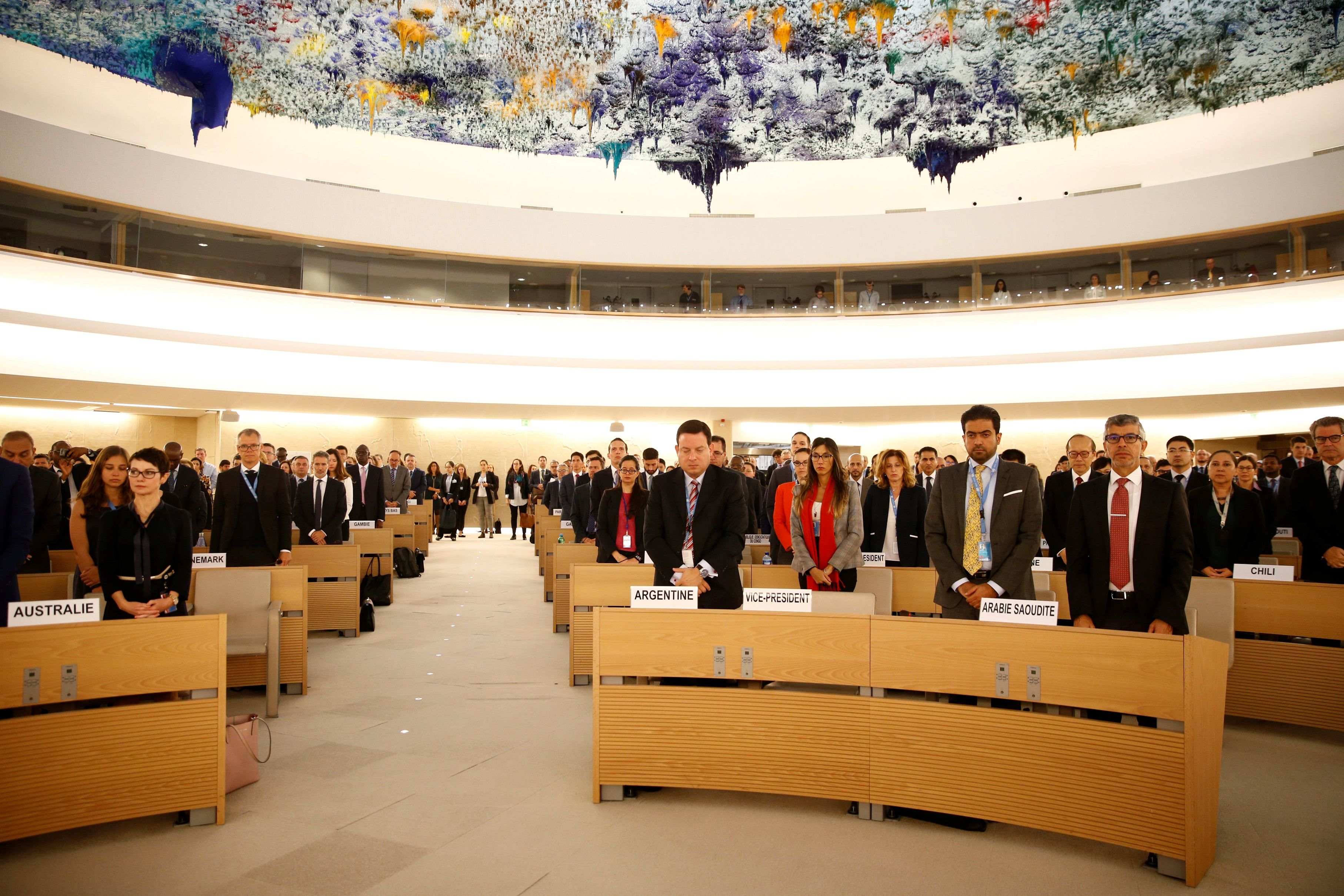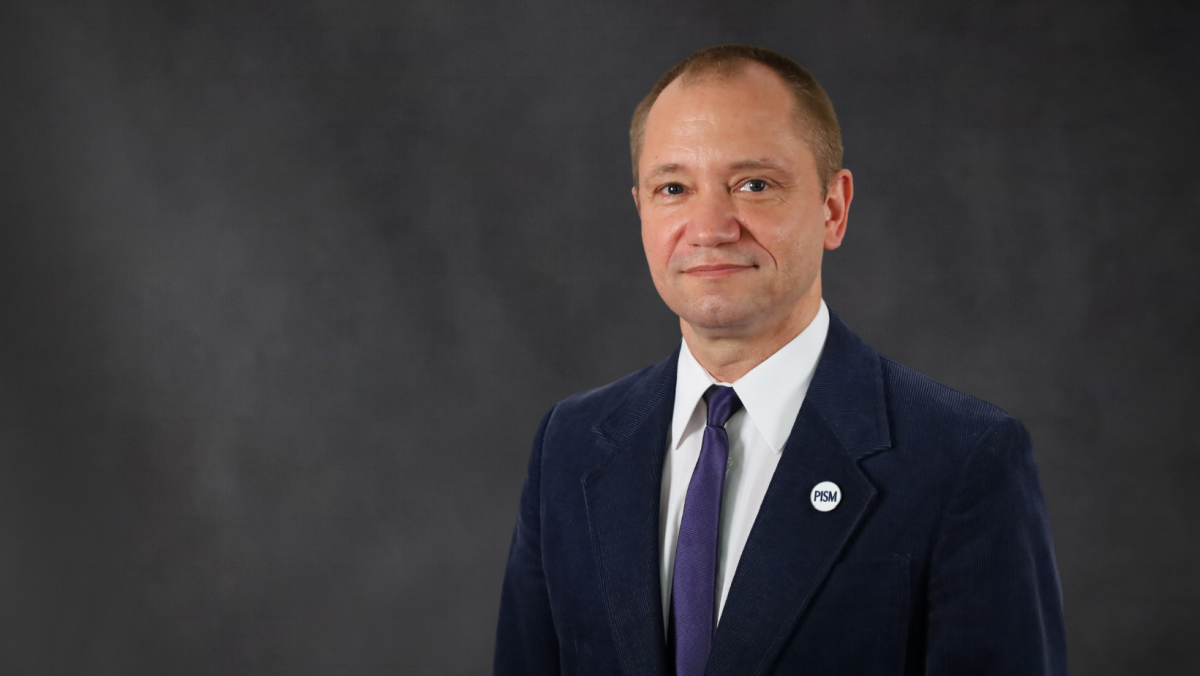Poland Joins the Human Rights Council

What is the HRC?
The council is an inter-governmental body within the UN system and is based in Geneva. It is responsible for monitoring the state of human rights protection and providing assistance to members of the UN in this respect. It has 47 members elected for three-year terms. Every year, one-third of its membership is renewed. As in the case of the UNSC, states compete in elections divided into five regional groups. The HRC holds no fewer than three regular sessions a year (in March, June, and September) and special sessions convened at the request of at least one-third of its members. The HRC relies on working groups. The council also launches special procedures (pertaining to a specific country or thematic mandates). The Universal Periodic Review mechanism serves to assess the human rights situations in all UN member states.
What countries were elected for the 2020–2022 term?
In total, 14 countries were elected and their term will begin on 1 January 2020. Besides Poland, the HRC membership now includes Armenia (Eastern Europe); Brazil and Venezuela (Latin America and Caribbean); Germany and the Netherlands (Western Europe); Mauritania, Libya, Namibia and Sudan (Africa); and, Indonesia, Japan, South Korea, and the Marshall Islands (Asia-Pacific). Poland was an HRC member in 2006– 2007 and again in 2011–2013. Among the selected and present members of the council are countries with which Poland has cooperated closely in the UNSC on resolutions concerning the protection of civilians during armed conflict (Germany and the Netherlands).
Why is Poland’s HRC membership important?
It is important because in the work of the HRC, countries work together to strengthen standards and improve the general state of human rights protection in the world. Countries that share a vision of a democratic and international order based on respect for international law can act more effectively as a group, supporting each other in voting. Such support is important because there are countries on the council that promote a different vision of human rights, based in part on their unique cultural identity (e.g., China). Unfortunately, countries accused of violations of human rights can also be elected to the HRC (e.g., Venezuela, which has been criticised for its handling of mass protests, or earlier criticism of the membership of China, Cuba, Iran, or the Democratic Republic of Congo). The U.S. ended its membership of the HRC early in June 2018, citing the inclusion of these countries on the council.
What does Poland want to achieve?
HRC membership will continue Poland’s active involvement in UN activities, especially those undertaken during its UNSC membership in the 2018–2019 term. One should expect it to continue to maintain a high level of involvement, especially in the monitoring of human rights in the occupied territories of Ukraine and Georgia. In light of Poland’s programme presented before the HRC elections, Poland will work to strengthen human rights as one of the main pillars of the UN. Specifically, it seeks protection of civilians in armed conflicts, especially women, children, and people with disabilities; strengthening freedom of religion or belief, including the protection of the rights of persons belonging to religious minorities (in August, Poland appointed a special envoy on the issue); and the protection of human rights as a condition for sustainable development in the social, economic, and environmental dimensions.


